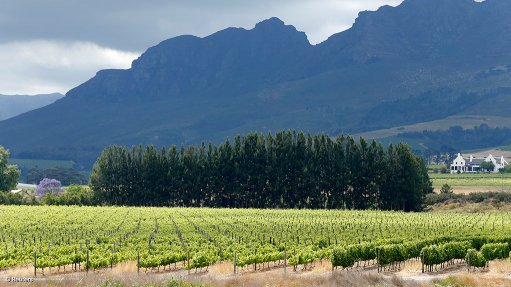
Photo by: Reuters
The South African Chamber of Commerce and Industry (Sacci) has welcomed government’s commitment to work with business in ensuring an impactful relief and recovery from the country’s drought crisis.
Agriculture, Forestry and Fisheries Minister Senzeni Zokwana noted last week that his department, in collaboration with the Department of Rural Development and Land Reform, committed R371.7-million for the coming year for Land Care programmes, aimed at sustainable management and use of agricultural natural resources.
He also noted that his department, together with the Department of Cooperative Governance and Traditional Affairs, submitted a request to National Treasury for additional funds to further assist farmers in dealing with the current drought.
Sacci noted that the government departments’ commitment to assist farmers in dealing with the current drought disaster would come as a relief. It also highlighted that the majority of farmers were relying on securing production loans for the next season.
Sacci encouraged government to continue pursuing economically viable arrangements that would allow the importation of maize into the country. It was estimated that South Africa would have to import between 5-million and 6-million tons of white and yellow maize in the coming year.
Meanwhile, representative organisation for local wine producers VinPro Consultation Service has lamented that, as a result of the droughts, the South African wine grape harvest could be significantly smaller. This was according to a harvest estimate by the industry, which was conducted in the second week of January.
“Larger crops than in 2015 are expected in the Orange River and Klein Karoo, while the other wine-grape-producing regions all predict a decrease to a greater or smaller extent,” said VinPro manager Francois Viljoen.
The heat and drought resulted in lighter bunches and smaller berries – even in areas where producers had access to sufficient irrigation water.
On the up side, VinPro noted that vineyards and grapes in South Africa were “very healthy”, as the smaller berries could lead to better-quality wine, owing to the concentrated flavour and colour, if the berries ripened at an optimal level.
Nevertheless, the organisation has warned that the negative effects of the hot, dry weather could escalate should the current climate conditions continue and if wine producers could not provide vineyards with the necessary water.